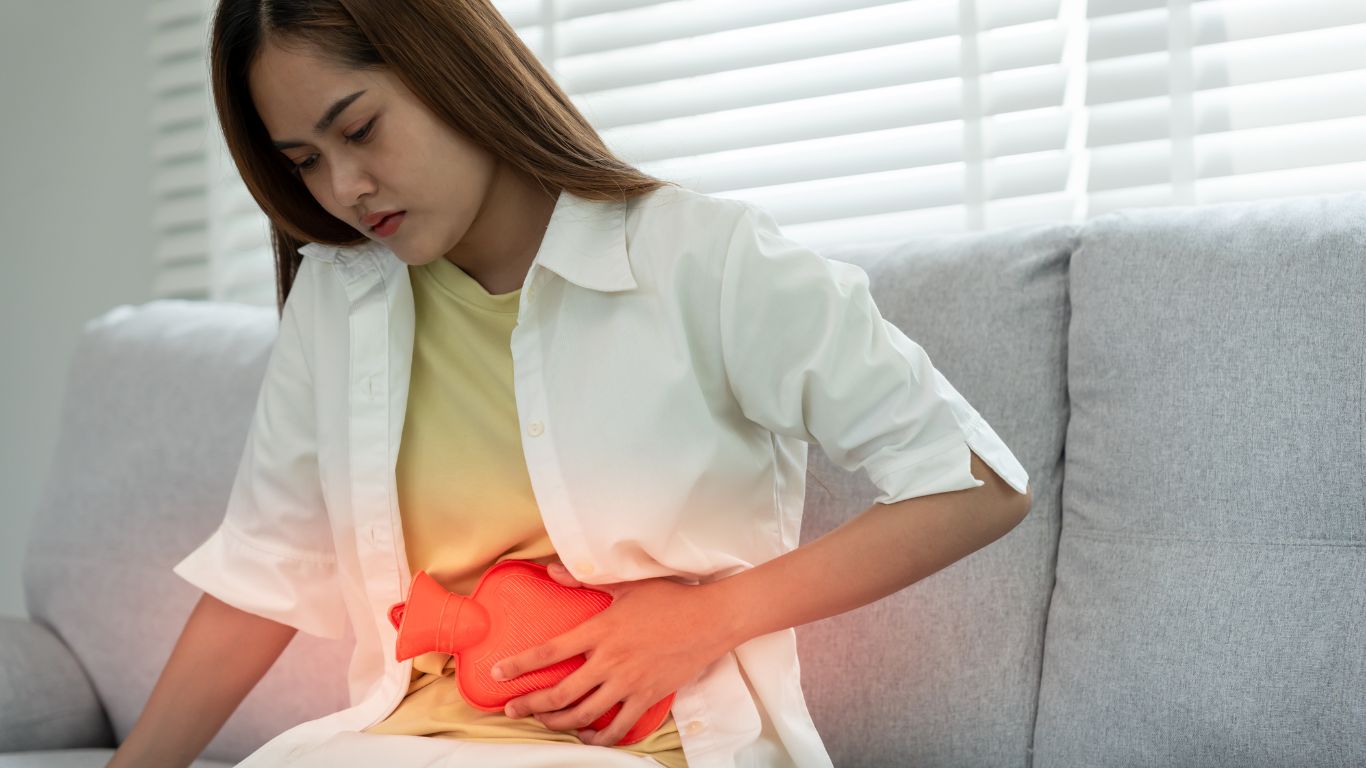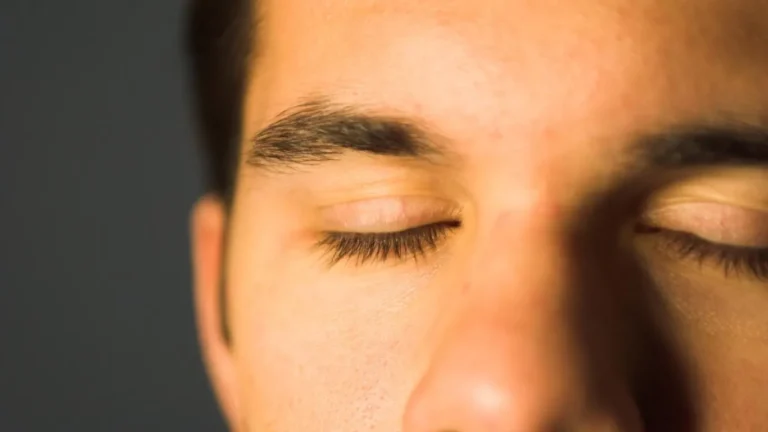Is Decaf Coffee Safe for GERD or Still a Trigger?
If you’re anything like me, giving up coffee altogether feels like signing a peace treaty with misery. GERD (gastroesophageal reflux disease) adds a twist of guilt to that morning ritual, especially when every sip could trigger that all-too-familiar burn. So naturally, decaf feels like a safe loophole, right? But is it really? I had to find out for myself—because this was personal.
What Makes Coffee a GERD Trigger?

It’s not just the caffeine that causes heartburn havoc. Coffee, regardless of its caffeine level, is naturally acidic. That acidity can irritate the esophageal lining and potentially relax the lower esophageal sphincter (LES)—which, if you suffer from GERD, is already on shaky ground.
What most folks don’t realize is that caffeine isn’t the only active compound in coffee. There are oils, tannins, and organic acids that might be contributing to symptoms. According to the Mayo Clinic, even decaf can cause problems depending on how your body reacts to these other compounds.
The Decaf Dilemma: A Safe Haven or a Sneaky Culprit?
So here’s the twist: decaf is *less likely* to cause reflux, but it’s not totally off the hook. I used to think switching to decaf would be my golden ticket—until I noticed my reflux still flared up after certain cups.
Turns out, how the coffee is decaffeinated matters. Solvent-based processes can leave behind traces that might irritate the stomach, whereas Swiss Water Processed decaf tends to be gentler. You can read more about this connection between coffee and acid reflux on Healthusias too.
Types of Decaf Coffee That May Trigger GERD

Now we’re getting into the nitty-gritty. Not all decaf coffees are created equal—some will treat your gut like a punching bag.
- Dark Roasts: Surprisingly, dark roasts may be gentler than light roasts because they contain fewer compounds that stimulate acid production.
- Instant Decaf: Often processed with chemicals, these are more likely to irritate sensitive stomachs.
- Cold Brew Decaf: This one’s been a game-changer for me. Cold brewing reduces acidity significantly, making it easier on the gut.
For those struggling with persistent reflux, switching to a low-acid, non-acidic decaf option might be the way to go. Trust me, I’ve taste-tested plenty—and yes, there are some decent ones.
Is It Just the Coffee… or the Timing Too?

Here’s something that surprised me: I wasn’t just reacting to what I drank—it was also about when. Drinking even mild decaf coffee on an empty stomach first thing in the morning? Recipe for reflux disaster. Late-night decaf? Also bad news. Timing matters a lot more than people think.
Tips That Helped Me
- Pair decaf with a small meal. Toast with almond butter is my go-to.
- Elevate your upper body if you must lie down within an hour of drinking it. Gravity is your friend.
- Track your symptoms. Use a simple notebook or app to see how different roasts or brands affect you.
All of this lines up with guidance from the GERD management lifestyle pillar article, which emphasizes the importance of routine, body posture, and personal tracking.
More Than Just a Cup of Coffee
Managing GERD isn’t about cutting out all your joys—it’s about choosing better. For me, finding a smoother decaf brand, changing up my morning routine, and staying mindful of my body’s signals has made a noticeable difference. Some people do well with chamomile tea or low-acid alternatives like golden milk, but personally, I still love the ritual of that warm cup—just on my terms now.
And if you’re wondering what else you can enjoy without the burn, here’s a guide that might help: best things to eat for acid reflux. It’s been my go-to more times than I can count.
What Science Says About Decaf and GERD

Let’s zoom out a bit. A 2021 study published in the journal Gastroenterology Research explored how decaffeinated coffee affects stomach acid production. Surprisingly, even decaf increased gastric acid secretion in some participants—though less than regular coffee. That “less” is key. For many GERD sufferers, reducing irritation by even 30% can make all the difference.
Another Harvard Health breakdown noted that the roasting process, origin of beans, and brewing method could influence acidity. Which, honestly, makes shopping for coffee a weird mix of chemistry and trial-and-error. It also reinforces what I’ve learned: GERD is extremely individual.
Different Bodies, Different Reactions
What works for me might not work for you. I have a friend who swears by low-acid Colombian decaf, while another can’t even look at a cup without reaching for antacids. That’s why it’s important to really understand your own triggers and keep experimenting within safe boundaries.
For more help identifying what’s triggering your symptoms, I highly recommend reading this guide on severe acid reflux signs. It made me realize that I was brushing off some red flags for far too long.
Low-Acid Alternatives to Traditional Decaf Coffee

If even decaf isn’t cutting it, don’t worry—there are other options that can fill that mug-shaped hole in your life.
- Herbal Teas: Chamomile, rooibos, and slippery elm are soothing and naturally caffeine-free.
- Dandelion Root “Coffee”: Don’t let the name fool you—it’s earthy, satisfying, and gut-friendly.
- Golden Milk: A mix of turmeric, ginger, and almond or oat milk. Warming and anti-inflammatory.
- Low-Acid Brands: Try brands specifically marketed as low-acid or “GERD-safe” like Puroast or Mommee Coffee.
I’ve even gotten into mixing half-decaf with warm almond milk, cinnamon, and a tiny bit of honey for a soothing “latte” that doesn’t ruin my day. Oh, and heads-up: steer clear of mint tea. Sounds cozy, but it can relax the LES and worsen symptoms.
Can Diet Help Support Coffee Tolerance?

This one was a game-changer for me. When I consistently eat a GERD-friendly diet, I notice I can handle decaf better—especially when it’s part of a balanced meal. Acidic drinks tend to do more damage when your stomach is empty or irritated.
If you’re curious about how to build meals that support your gut, check out this helpful breakdown on dietary tips for acid reflux. It’s loaded with easy swaps and what-to-avoid lists that are honestly pretty doable, even for someone like me who loves spicy food.
What I Eat Before (or With) Coffee
- A slice of whole grain toast with mashed avocado (skip the chili flakes!).
- Banana with a handful of low-fat granola—bananas are super gut-soothing.
- Oatmeal with almond milk, cinnamon, and a spoonful of chia seeds.
Pairing coffee with food helps buffer acidity. I noticed this reduced my bloating and those awkward mid-morning burps by a lot. And yes, sometimes I still treat myself to a scoop of vanilla ice cream after dinner—because balance is everything.
- Start small. Half a cup of mild, low-acid decaf can be your testing ground.
- Keep a symptom journal. Track what, when, and how much you drink—and how you feel after.
- Mind your posture. Sit up straight while drinking and for at least 30 minutes afterward.
- Never drink coffee on an empty stomach. It’s like pouring acid on a wound.
Oh, and if you’re feeling overwhelmed or unsure where to begin, this comprehensive guide on GERD treatment options is an awesome place to start. It breaks down medications, lifestyle strategies, and more.
Ultimately, decaf isn’t a one-size-fits-all fix—but it can still be part of your life if you listen to your body and make smart choices. And honestly? That first gentle sip of my morning brew, after weeks of experimenting and adjusting, was totally worth it.

Camellia Wulansari is a dedicated Medical Assistant at a local clinic and a passionate health writer at Healthusias.com. With years of hands-on experience in patient care and a deep interest in preventive medicine, she bridges the gap between clinical knowledge and accessible health information. Camellia specializes in writing about digestive health, chronic conditions like GERD and hypertension, respiratory issues, and autoimmune diseases, aiming to empower readers with practical, easy-to-understand insights. When she’s not assisting patients or writing, you’ll find her enjoying quiet mornings with coffee and a medical journal in hand—or jamming to her favorite metal band, Lamb of God.







